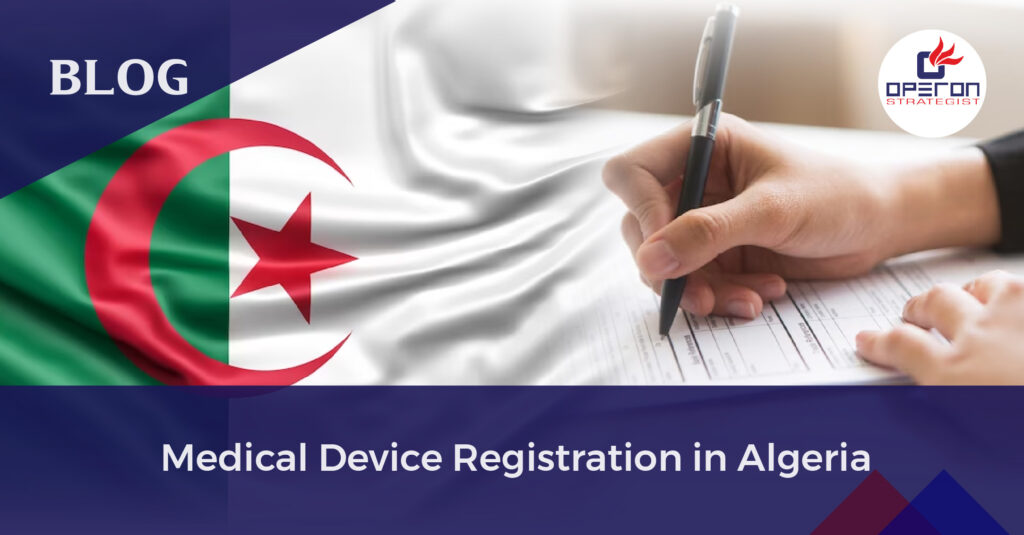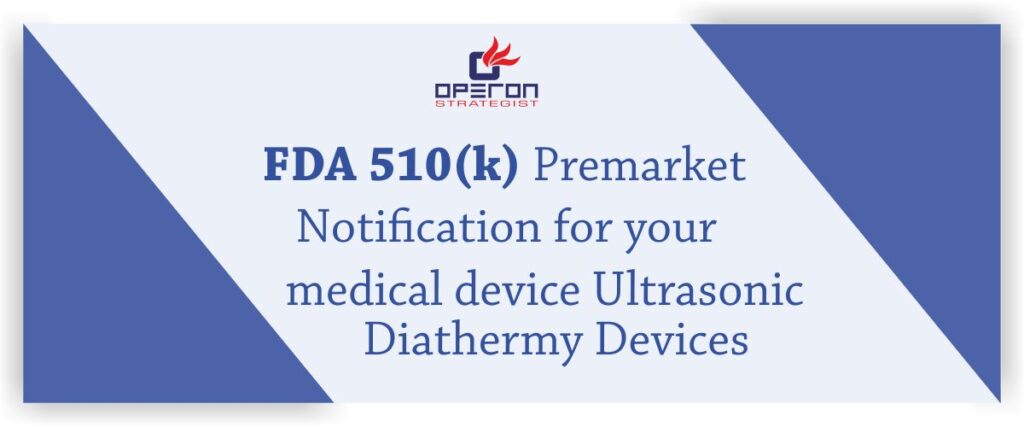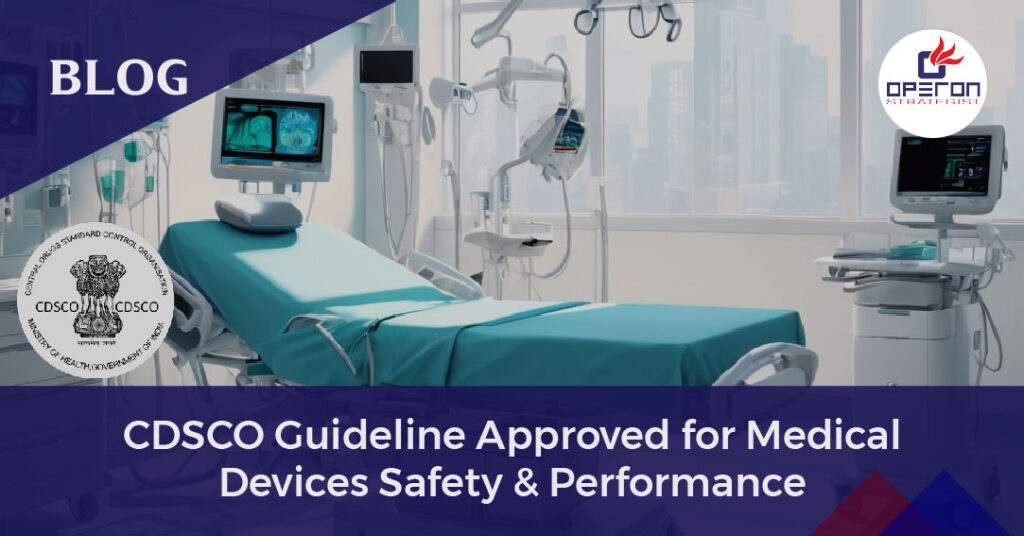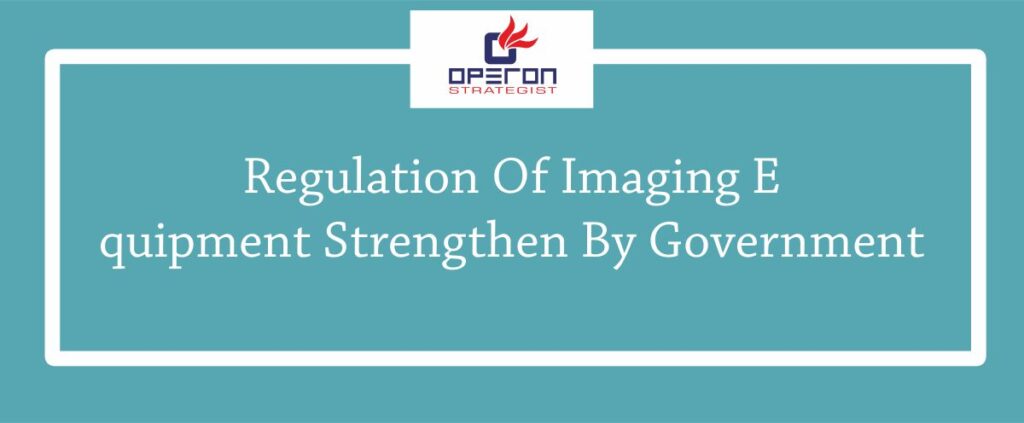Why Algeria is a Growing Market for Medical Devices
With a population exceeding 40 million, Algeria is Africa’s largest country and is rapidly expanding its healthcare infrastructure. The government’s commitment to offering free and accessible healthcare services has positioned Algeria as a rising market for medical devices, especially in regions like the Middle East and Africa. However, the local manufacturing capabilities for advanced medical technologies are limited, making Algeria heavily dependent on imported devices. For companies aiming to enter this market, understanding the medical device registration process in Algeria is crucial to ensure regulatory compliance, market access, and sustainable growth.
Looking for Medical Device Registration Consultant in Algeria
Who Oversees Medical Device Registration in Algeria?
In Algeria, medical devices are regulated by:
The Directorate of Pharmacy (DPM) – Operating under the Ministry of Health and Population (MOHP), it is responsible for approving and monitoring medical devices.
The National Laboratory for the Control of Pharmaceutical Products (LNCPP) – Provides technical evaluation and inspection of devices.
Together, these authorities ensure that devices entering the Algerian market meet safety, quality, and performance standards.
What is the Registration Process for Medical Devices in Algeria?
To legally market medical devices in Algeria, companies must submit an application to both the DPM and LNCPP. The process involves:
Document Submission – All documentation must be translated into French or Arabic, the official languages.
Technical Evaluation – Verification of device compliance with applicable standards.
Approval by MOHP – Once the documentation and evaluations are satisfactory, a registration certificate is granted.
Timely submission, accurate documentation, and expert guidance are essential to ensure approval without delays.
What Documents Are Needed for Registration?
A successful application requires comprehensive documentation about the manufacturer, the device, and its intended use. Below is a checklist of commonly required documents:
Manufacturer Information:
✔ Application form
✔ Manufacturer and distributor details
✔ Declaration of conformity
✔ CE certificate or equivalent
Need CE Marking assistance? Click here for expert guidance
Device Information:
✔ Instruction manual
✔ Labeling requirements
✔ Product description
✔ Biological product details
✔ Risk classification
✔ Storage conditions
✔ Device life cycle data
✔ Composition of the device
✔ High-resolution images of the device
✔ Mechanism of action
✔ Indications, contraindications, warnings
✔ Sterilization methods
✔ Packaging material details
✔ Quality inspections on raw materials
✔ Manufacturing process report
✔ Test protocols and reports
✔ Clinical evaluation data
Careful preparation of these documents ensures a smooth review process and helps avoid unnecessary rejections or delays.
What Are the Post-Approval Requirements?
Once approved, manufacturers or their authorized representatives are expected to:
✔ Report any adverse events, incidents, or recalls related to device usage
✔ Submit reports to the Directorate of Pharmacy for evaluation
✔ Cooperate in market surveillance and corrective actions as needed
These steps ensure continued compliance and patient safety throughout the product’s lifecycle in Algeria.
Expand Your Reach. Ensure Compliance. Enter Algeria’s Growing Medical Market with Confidence.
Why Work with Operon Strategist?
Navigating the regulatory landscape in Algeria can be challenging, especially for companies unfamiliar with local requirements or language barriers. At Operon Strategist, we provide end-to-end consulting services to ensure a hassle-free registration experience.
Our expertise includes:
✔ Detailed regulatory assessments
✔ Documentation preparation and review
✔ Compliance with local and international standards
✔ Coordination with DPM and LNCPP
✔ Risk analysis and clinical evaluation support
✔ Post-approval monitoring and reporting
With our proven track record, we help manufacturers reduce time-to-market while ensuring full regulatory compliance.




